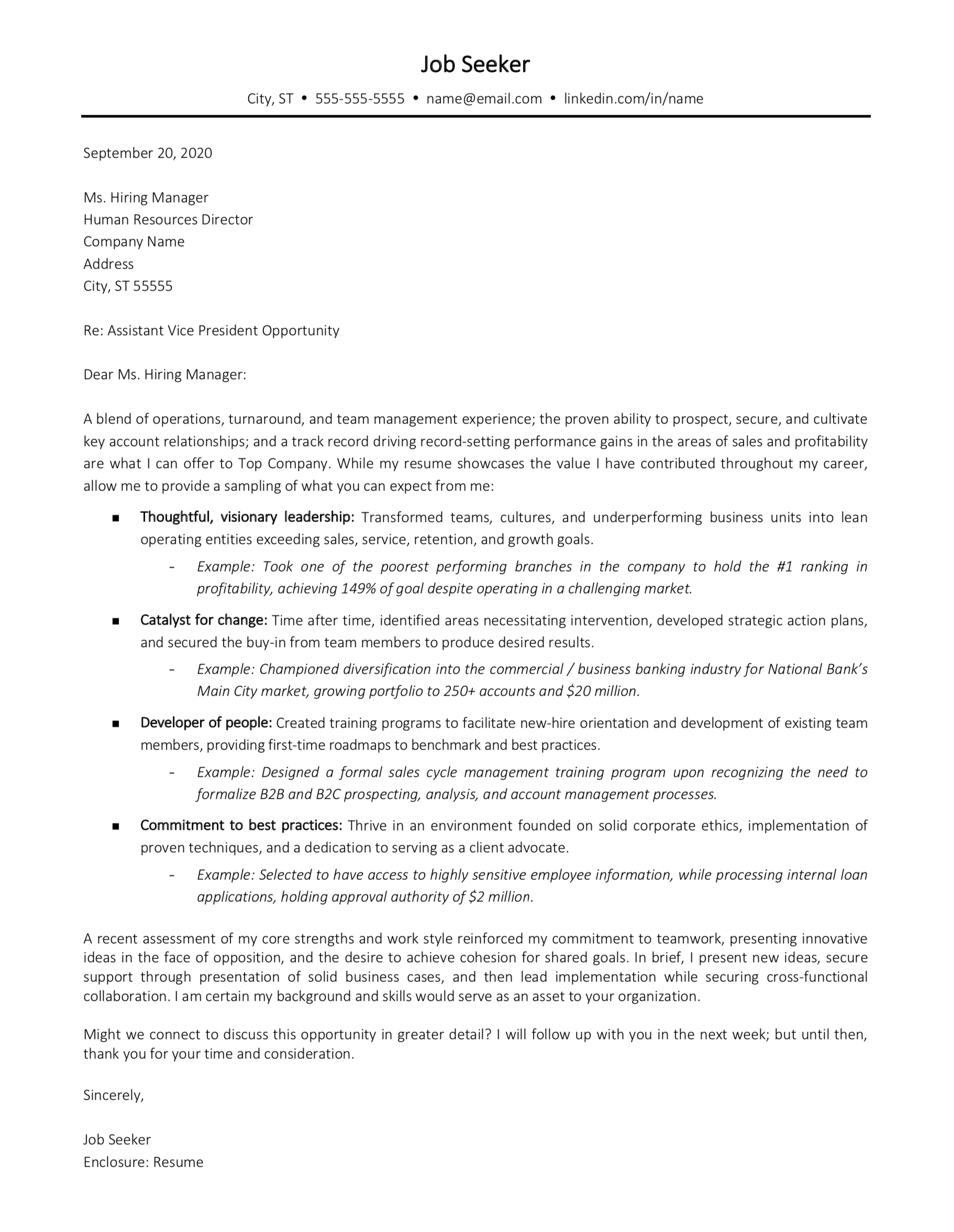Dear Sam: I hate writing and want to make sure, before I put myself through the daunting task of creating a cover letter, that I need to do so. I have heard that no one reads them; if that’s the case, do I even need to create one to accompany my resume? – Bill
Dear Bill: We’ve all heard it. No one reads cover letters. But is that true? Spoiler alert: You are not going to like my answer!
Cover letters are indeed disregarded by about half of your audience. That half of your audience does not place value on reading a narrative-style document and, instead, plows right into the meat of the resume. So what does the other half of your audience think? They read, study, and evaluate. To ensure you maximize the impact of your search, you must develop a cover letter to complement your resume.
When written effectively, a cover letter allows for opportunities the resume does not. In a cover letter, you can explain career transitions, include personal stories of relevance, and showcase your written communication skills and ability to write in a connected manner, which, again, the resume—typically consisting of fragmented statements—does not.
I always liken the cover letter to the jacket of a suit. Sure, the pants, shirt, and tie look great on their own, but there are certain times and places where the jacket puts the additional polish on the outfit to make a difference. Think of your cover letter as the jacket, the polish to the package you have likely labored over. To ensure your letter is effective when it is read, take the opportunity to include information from your resume that must be known about your candidacy. While avoiding highlighting potential disqualifiers, do not be afraid to explain career segues, time out of the industry, time off work, or anything else that you think, if left unanswered, could detract from your candidacy and ability to get the interview.
Structuring a cover letter should come naturally; think about speaking instead of writing. You will want to open with content that engages and captures the reader’s attention. Paragraphs need not be lengthy; just be sure your content has relevance in the scheme of your current career target. You could even include bullet points to send targeted messages based on the specifics of a job posting. Regardless of how you approach a cover letter, play it safe, and take the time to tell your story. When a good story is accompanied by a great resume, you are sure to glean additional time in front of the decision-makers you are trying to attract.
Cover letters provide a snapshot of your candidacy and a window into your journey. When written well, a cover letter can make the difference between getting the interview and being screened out.





